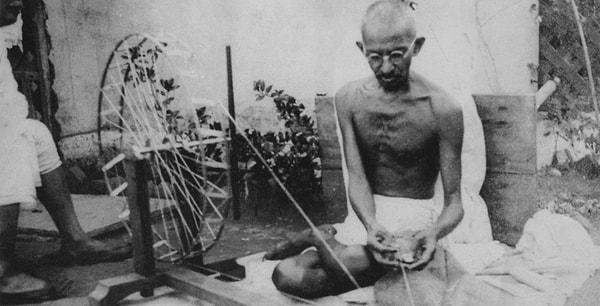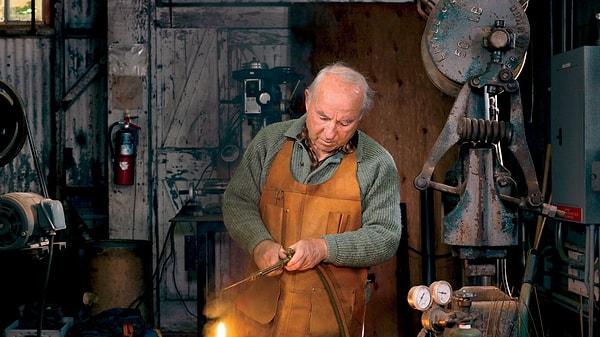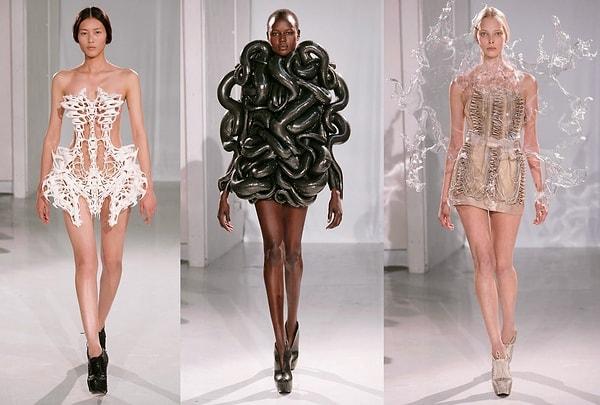The Evolution and Impact of Sustainable Fashion Movements
In recent years, the fashion industry has undergone a profound shift towards sustainability, driven by growing consumer awareness and environmental concerns. This transformation didn't occur overnight; it has roots deep in history, stemming from various movements advocating for ethical production, fair labor practices, and eco-friendly materials. From early pioneers to modern-day innovations, the journey of sustainable fashion is a fascinating narrative of resilience, activism, and innovation. Let's embark on a journey through the history of sustainable fashion movements, exploring their origins, milestones, and enduring impact on the global fashion landscape.
The Birth of Conscious Fashion:

The seeds of sustainable fashion were sown centuries ago when individuals began questioning the ethics and environmental impact of clothing production. One of the earliest advocates was Mahatma Gandhi, who promoted khadi—a hand-spun, handwoven cloth—as a symbol of self-reliance and resistance to British colonialism in India during the early 20th century. Gandhi's emphasis on simplicity, local production, and ethical practices laid the foundation for conscious consumption—a concept that resonates strongly in today's sustainable fashion ethos.
Post-World War II Era:

The aftermath of World War II witnessed the rise of movements like the Slow Fashion movement, which opposed mass production and embraced craftsmanship, quality, and longevity in clothing. During this period, environmental concerns started gaining traction, spurred by events such as the publication of Rachel Carson's seminal book 'Silent Spring' in 1962, which exposed the harmful effects of pesticides and chemicals in agriculture. This awakening prompted some fashion designers to explore organic and natural fibers as alternatives to conventional materials, marking a pivotal moment in the evolution of sustainable fashion.
1970s and 1980s: Eco-Friendly Initiatives Emerge:

The 1970s and 1980s saw the emergence of eco-friendly initiatives within the fashion industry. Patagonia, founded by Yvon Chouinard in 1973, became a trailblazer in sustainable outdoor apparel, prioritizing environmental responsibility and ethical sourcing. Concurrently, eco-fashion movements like 'upcycling' and 'recycling' gained momentum, with designers repurposing existing garments and materials to create new fashion pieces, thus minimizing waste and promoting resourcefulness.
Rise of Ethical Fashion:

The late 20th century witnessed a surge in awareness about labor exploitation and sweatshop conditions in the garment industry, catalyzing the rise of ethical fashion movements. Advocacy groups and NGOs such as the Clean Clothes Campaign and Fashion Revolution began exposing the human rights abuses and poor working conditions prevalent in garment factories worldwide, sparking calls for transparency and accountability from fashion brands.
21st Century: Mainstreaming Sustainability:

The 21st century marked a watershed moment for sustainable fashion as it transitioned from niche to mainstream. High-profile events such as the collapse of the Rana Plaza garment factory in Bangladesh in 2013, which claimed over 1,100 lives, galvanized global efforts to address labor rights and supply chain transparency in the fashion industry. In response, initiatives like the Sustainable Apparel Coalition and the Fashion Pact were launched, bringing together brands, retailers, and stakeholders to commit to sustainable practices and reduce the industry's environmental footprint.
Technological Innovations and Future Prospects:

Advancements in technology have played a pivotal role in driving innovation and sustainability in fashion. From 3D printing and digital design tools to biofabrication and nanotechnology, cutting-edge technologies are revolutionizing the way clothing is produced, offering more sustainable alternatives to traditional manufacturing processes. Moreover, the rise of blockchain technology holds promise for enhancing transparency and traceability in supply chains, enabling consumers to make informed choices and hold brands accountable for their social and environmental impact.
Keşfet ile ziyaret ettiğin tüm kategorileri tek akışta gör!


Send Comment